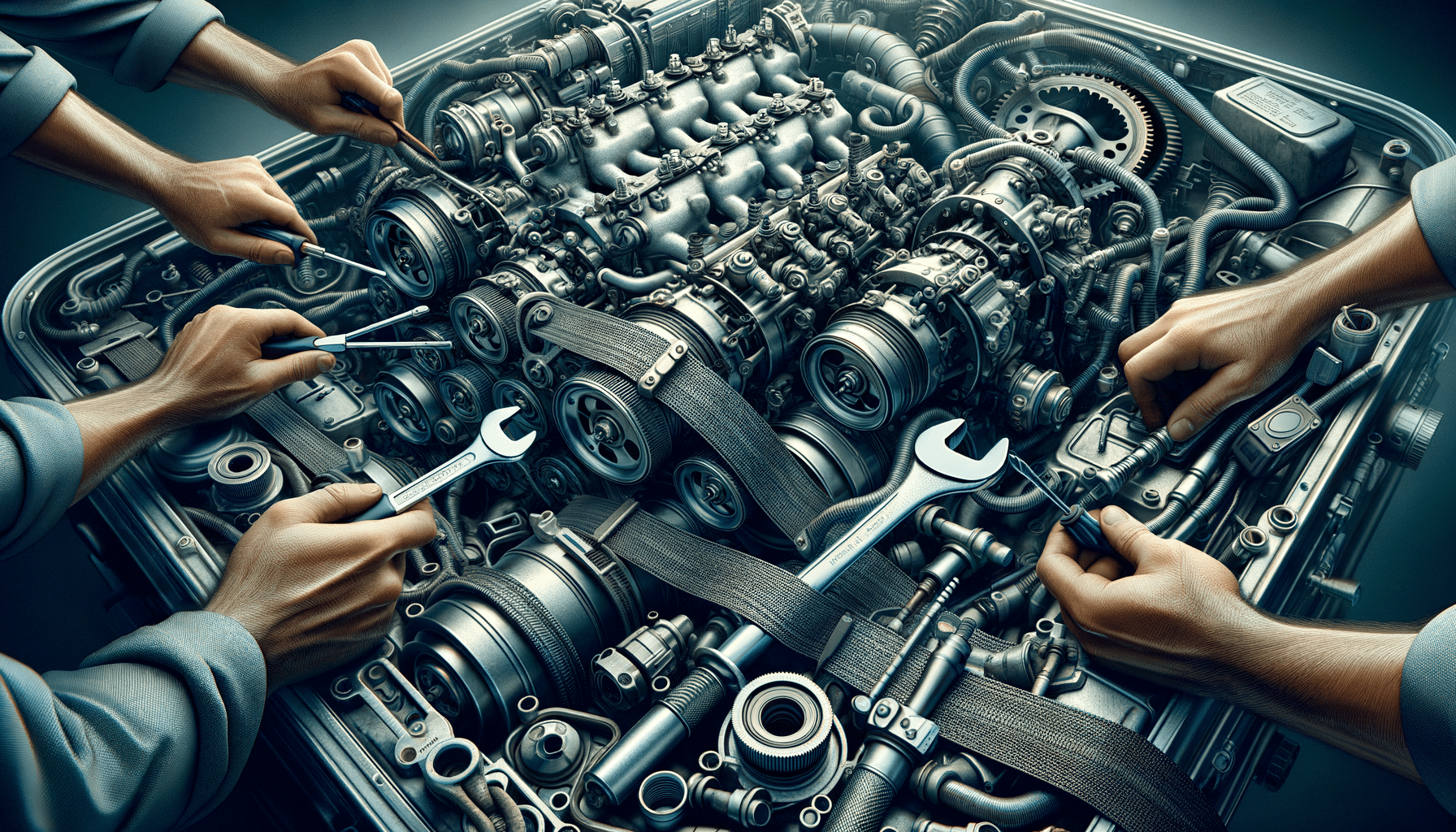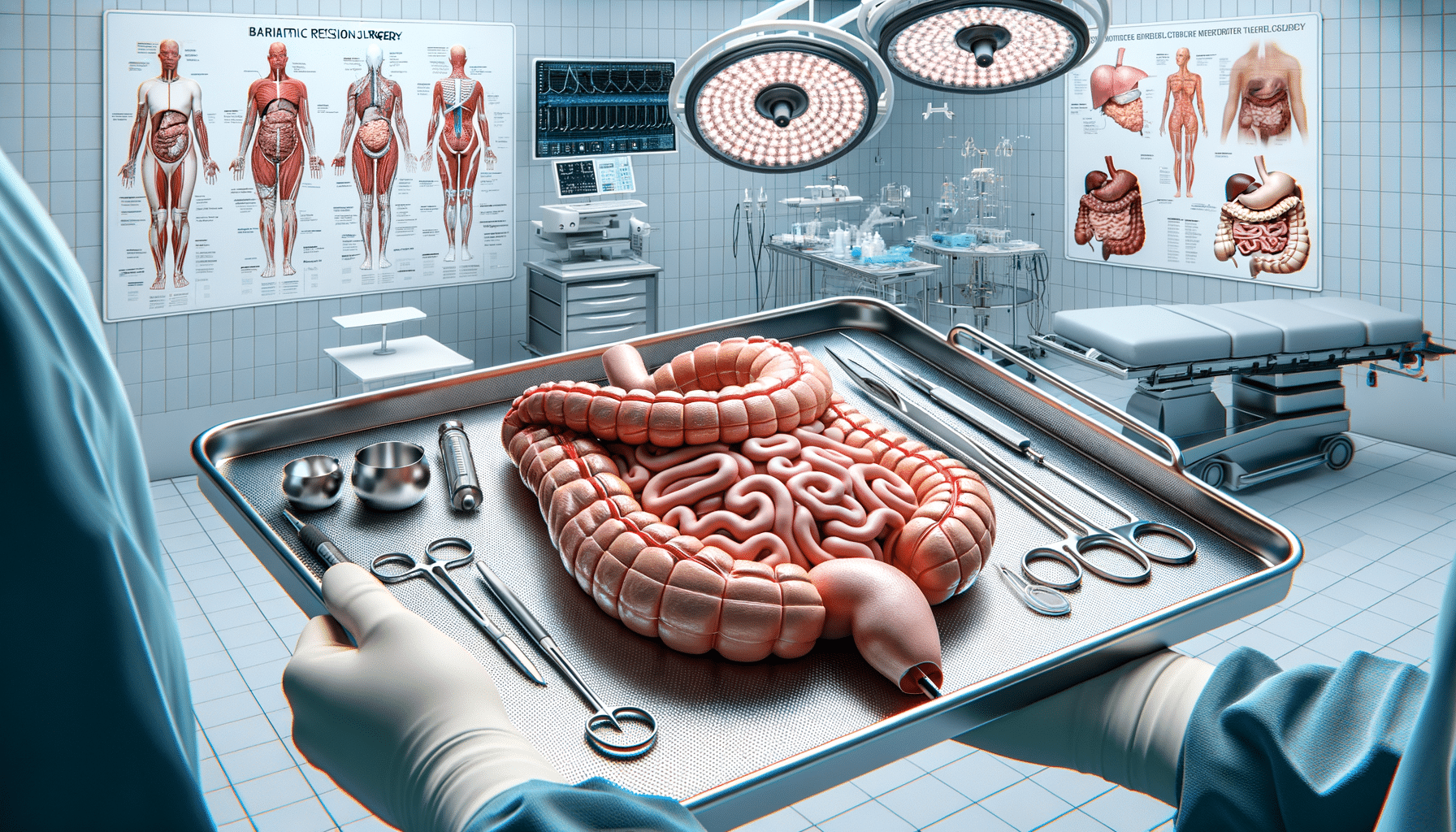
Mastering Engine Repair: A Comprehensive Guide to Learning and Executing Repairs
Understanding the Basics of Engine Repair
Engine repair is a vital skill for anyone interested in automotive maintenance or pursuing a career as a mechanic. It involves diagnosing and fixing issues related to the engine, which is the heart of any vehicle. Mastering the basics of engine repair can save you money and time, and provide a sense of accomplishment.
To start, it’s essential to understand the core components of an engine, including the cylinder block, pistons, crankshaft, and camshaft. Each part plays a crucial role in the engine’s operation, and any malfunction can lead to significant problems. Learning how these components interact is the first step in engine repair.
Another fundamental aspect is recognizing common engine problems. These include overheating, oil leaks, and unusual noises. Each issue requires a specific approach to diagnose and fix effectively. For instance, overheating might be due to a faulty thermostat or a leaking coolant system, while oil leaks could stem from worn gaskets or seals.
By understanding these basics, you can begin to troubleshoot problems more efficiently. This foundational knowledge is crucial for anyone aiming to learn how to repair engines.
Tools and Techniques for Effective Engine Repair
Having the right tools is essential for any engine repair task. A comprehensive toolkit should include wrenches, screwdrivers, pliers, and a torque wrench, among others. These tools help in disassembling and reassembling engine components with precision.
Beyond tools, understanding repair techniques is equally important. Techniques such as compression testing, using a timing light, and performing a leak-down test are invaluable for diagnosing engine issues. These methods allow you to pinpoint problems accurately, ensuring that repairs are effective and efficient.
Moreover, safety should never be overlooked. Always ensure that the engine is cool before starting any repair work to avoid burns. Wearing protective gear like gloves and goggles is also recommended to prevent injuries.
By combining the right tools with proper techniques, you can enhance your ability to repair engines effectively, making the process smoother and more rewarding.
Learning How to Repair Engines: Resources and Tips
For those interested in learning how to repair engines, numerous resources are available. Online tutorials, automotive repair manuals, and community college courses offer valuable insights into engine repair. These resources provide step-by-step guidance and practical knowledge that can be applied in real-world situations.
Joining automotive forums and communities can also be beneficial. These platforms allow you to connect with experienced mechanics and enthusiasts who can offer advice and share their experiences. Engaging in discussions and asking questions can deepen your understanding and help you overcome challenges.
Additionally, practical experience is invaluable. Working on different types of engines, whether in a professional setting or as a hobby, builds confidence and expertise. Start with simple tasks and gradually take on more complex repairs as your skills improve.
By utilizing these resources and gaining hands-on experience, you can effectively learn how to repair engines, opening up new opportunities in the automotive field.


